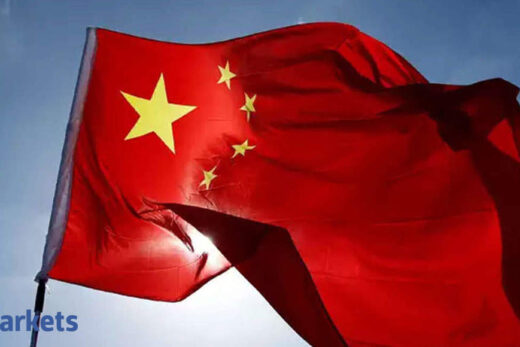The blue-chip CSI300 index fell 1.2% to 4,807.70, while the Shanghai Composite Index lost 1.3% to 3,607.09 points.
Hong Kong-listed shares of China Evergrande slumped 6.4% to the lowest in a decade as it battled a liquidity crisis amid Beijing’s draconian curbs on a bloated sector. Rating agency Fitch warned that an Evergrande default could expose numerous sectors to heightened credit risk.
Its main unit, Hengda Real Estate Group Co Ltd, halted trading of its onshore corporate bonds following a downgrade, a move that some analysts think foreshadows a default.
The CSI300 Real Estate Index tumbled more than 3%. Both Goldman Sachs and JPMorgan warned of spillover risks to the broader Chinese property sector.
The CSI300 banking index dropped 1% amid concerns that the Evergrande property woes could result in more bad loans.
Xia Yinyin, strategist at UBS Securities, said in a note that the market is fixated on changes in economic fundamentals, rather than on liquidity conditions.
With Beijing prioritising “Common Prosperity” over freewheeling economic growth, “the investment lens through which global investors evaluate opportunities in China has changed and the strategies deployed towards investing in the Middle Kingdom need to adapt accordingly,” wrote Norman Vilamin, CIO of Wealth Management at Union Bancaire Privee (UBP).
Beijing has unleashed a series of crackdowns on industries ranging from technology to private tutoring. Investors see the property sector also in China’s regulatory crosshairs.
Shanghai’s tech-heavy STAR Market and Shenzhen’s start-up board ChNext both lost 2.4%.



